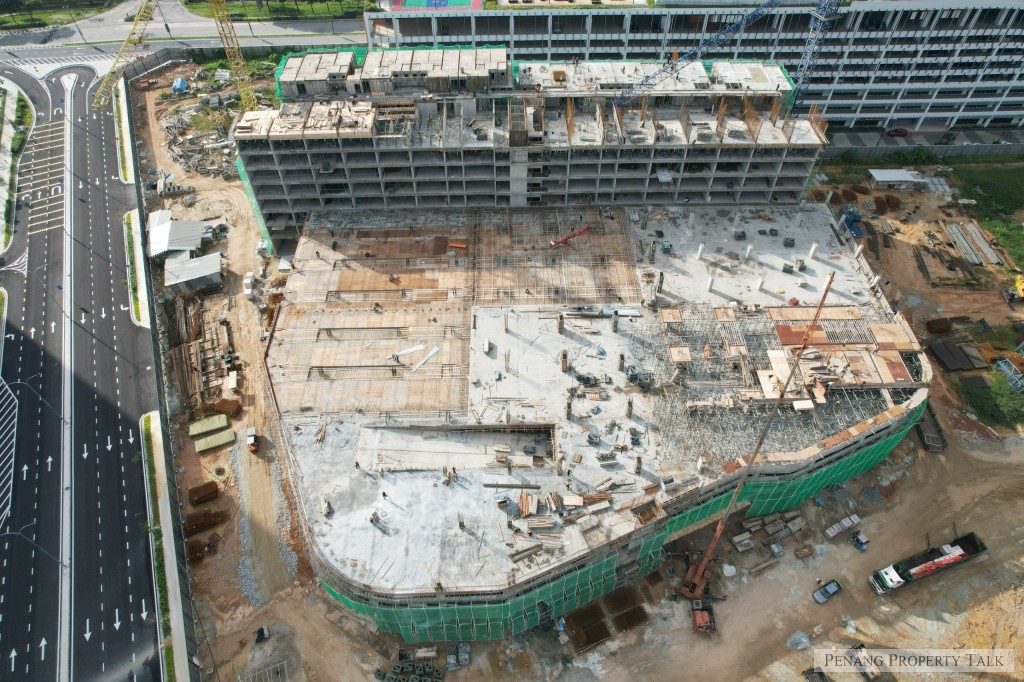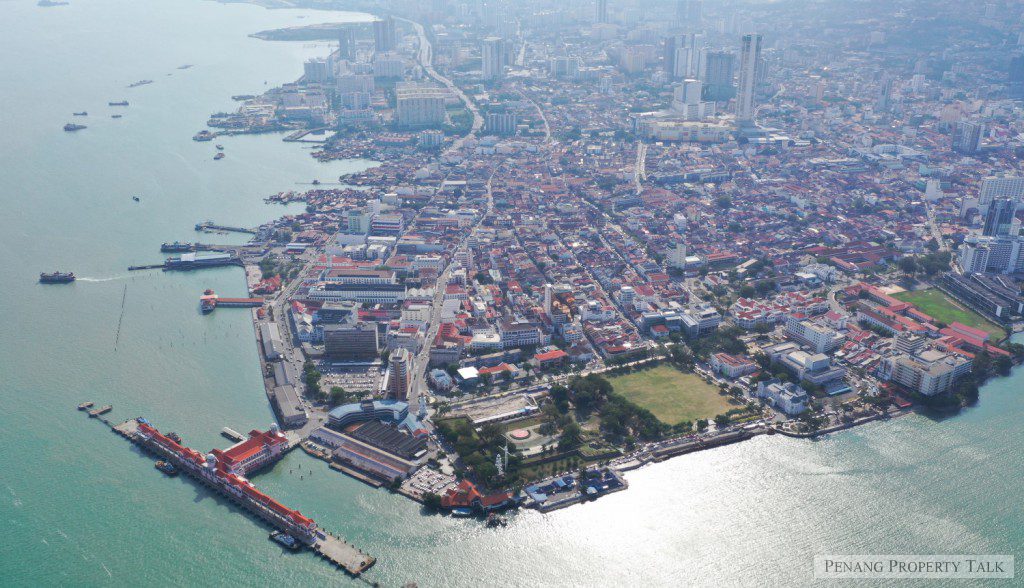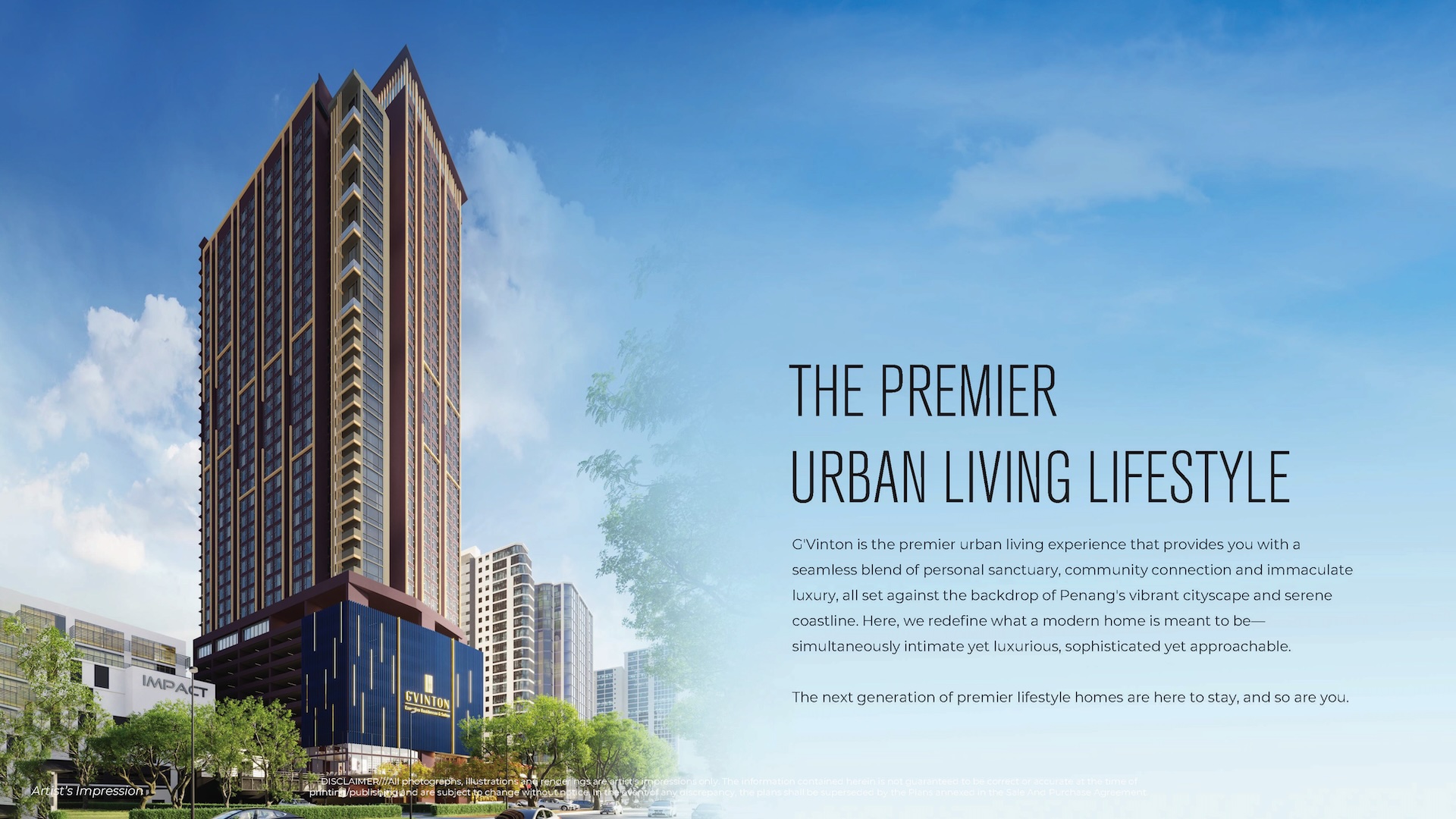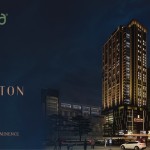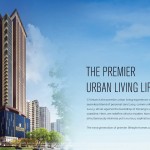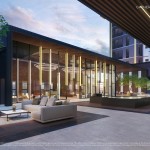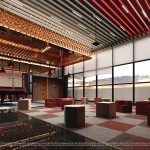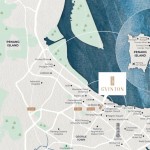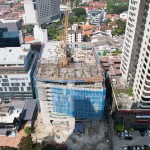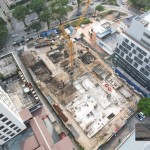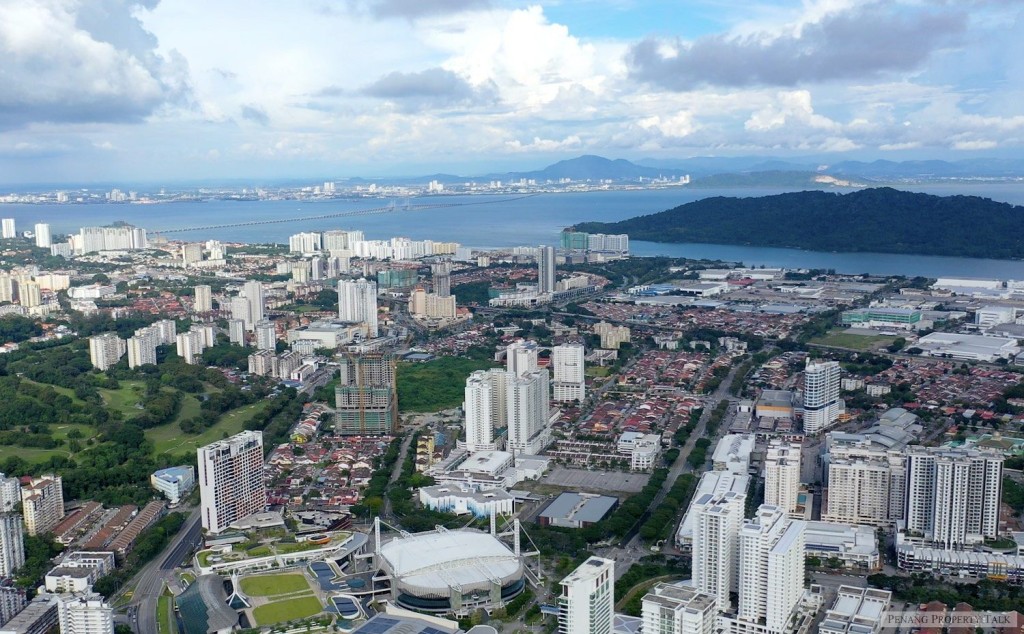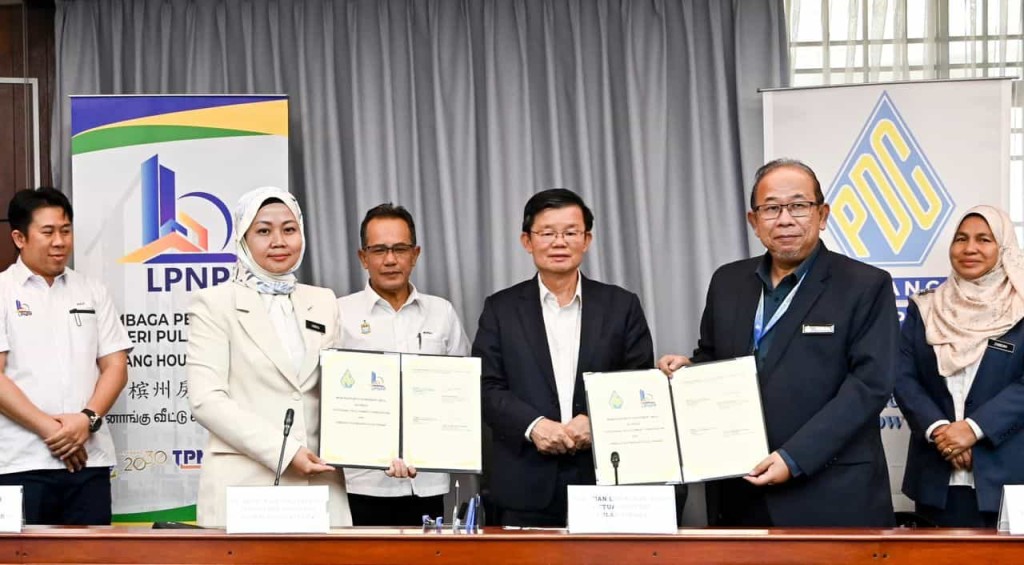
Penang Development Corporation (PDC) has signed a Memorandum of Agreement (MoA) with the Penang State Housing Board (LPNPP) regarding the ownership of 59 parcels in Block H, Mahsuri near Bayan Baru here.
The agreement was signed between the Deputy Chief Executive Officer of PDC, Roslan Hassan, and the Chief Executive Officer of LPNPP, ‘Ainul Fadhilah Samsudi, in the presence of the Chief Minister, Y.A.B. Tuan Chow Kon Yeow.
In his speech, Kon Yeow stated that the signing of the MoA would witness the initiation of the Mahsuri Urban Regeneration City (URC) project as the first to be implemented through the strata termination process in the state.
“This MoA also designates LPNPP as the sole owner of the Mahsuri URC pioneering development project and serves as a starting point for the acquisition and success of Phase 1, expected to commence work on-site in the first quarter of 2025.
“URC Mahsuri will also be the first pioneering project for the implementation of an urban regeneration housing concept in the state, benefiting the original 300 owners on the site,” he said at the event on Monday.
Kon Yeow said Phase 1 of the URC Mahsuri project involves the reconstruction of 300 housing units covering 850 square feet and equipped with various facilities, including sufficient parking spaces.
“When this project is completed, all unit owners, including those from the other five blocks in Mahsuri, will be relocated to Phase 1,” he added, stating that the project is expected to take three to four years to complete.
Furthermore, Kon Yeow mentioned that LPNPP had appointed a developer for the implementation of the URC Mahsuri project on April 11, 2023, through a Request for Proposal (RFP).
“The successful developer has been appointed and is currently undertaking preliminary work to obtain technical approval before work can commence on-site,” he explained.
At the same time, he hoped that the Ministry of Local Government Development could review the need for the creation of acts related to urban regeneration or amendments to existing acts to facilitate the implementation of such projects and the like.
“Urban regeneration is not an easy task as there are various constraints to existing acts.
“For example, the strata termination process that requires the approval of 100 percent of parcel owners for the implementation of this URC project, as stipulated in the Strata Titles Act 1985 (Act 318),” he said.
It is understood that the URC Mahsuri project involves two phases, with Phase 2, comprising housing units and commercial lots, scheduled for implementation in 2028 after the strata termination process involving five more successfully completed blocks.
The implementation of both phases of the project involves a cost of RM489 million and is expected to be fully completed by the year 2032.
LPNPP successfully completed the transfer of ownership transactions from two individual units in Block H to the state housing agency on October 6 and December 6, 2023.
Subsequently, LPNPP will proceed with the strata termination for 60 parcels on Lot 2323, which will return the land for this lot to the Parent Title for the completion of the URC Mahsuri Phase 1 project, expected to be completed by June this year.
The Penang State Government had previously announced the implementation of the Urban Regeneration City (URC) in Block 5 Mahsuri, which was developed about 30 years ago and has approximately 300 housing units ranging in size from 300 to 400 square feet (sf).
In addition to Block 5 Mahsuri, four more pioneering schemes through the URC method will be implemented, namely the Free School Apartment in Taman Free School, Padang Tembak Apartment, Siakap Garden in the Central Seberang Perai (SPT) district, and Mak Mandin Apartment in the Northern Seberang Perai (SPU) district.
Source: Buletin Mutiara

